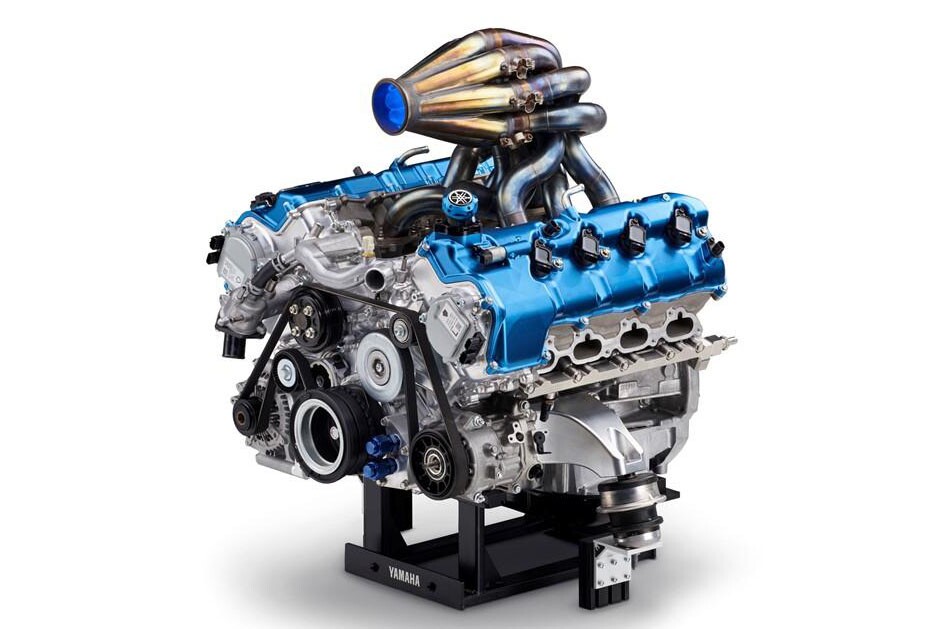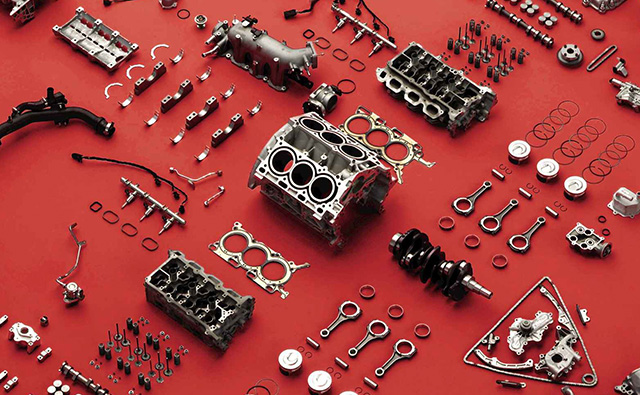The Effect of Ingenious Engine Technologies on Energy Efficiency and Environmental Sustainability
In the world of transportation and commercial equipment, the continuous quest for enhanced power effectiveness and decreased ecological effect has actually led to significant innovations in engine innovations. From the gradual change in the direction of hybrid and electrical systems to the integration of turbocharging for boosted efficiency, the landscape of engines is advancing swiftly.
Advancement of Engine Technologies
The development of engine technologies over the years has actually been marked by constant development and improvement in quest of boosted efficiency and efficiency. From the very early days of internal burning engines to the advanced hybrid and electric powertrains of today, the development of engine modern technologies has been driven by a ruthless quest for enhanced gas performance and reduced exhausts.
One substantial landmark in this evolution was the growth of turbocharging and straight shot systems, which considerably improved engine power result while enhancing fuel performance. These technologies enabled smaller, extra light-weight engines that can supply the performance of larger ones without compromising on effectiveness.
Additionally, developments in products scientific research have resulted in the extensive adoption of lightweight products such as light weight aluminum and carbon fiber in engine building and construction. This has not only reduced general vehicle weight however has also improved engine effectiveness by minimizing power losses connected with inertia and friction.
Advantages of Electric and Hybrid Equipments
With the growing concentrate on sustainability and energy efficiency, what advantages do hybrid and electric systems supply in the realm of engine technologies? Electric and hybrid systems present many benefits that add to an extra energy-efficient and sustainable future. Among the key advantages is the substantial reduction in greenhouse gas exhausts contrasted to conventional interior burning engines. Electric vehicles create absolutely no tailpipe emissions, causing improved air top quality and reduced environmental impact. In addition, electrical and hybrid systems are extra energy-efficient, converting a higher portion of stored power right into propulsion compared to conventional engines. This effectiveness results in lower power intake and operating expense over the car's lifetime. In addition, electrical vehicles offer regenerative braking systems that save and capture energy typically lost during stopping, further improving energy efficiency. Hybrid systems incorporate the benefits of electric propulsion with the flexibility of a combustion engine, offering extended lowering and driving ranges range anxiousness for consumers transitioning to electrical vehicles. Generally, hybrid and electric systems play a critical duty ahead of time energy efficiency and environmental sustainability in the transport market.
Turbocharging for Improved Performance
Cutting-edge engine innovations like hybrid and electrical systems have paved the method for developments in vehicle efficiency, with turbocharging becoming an essential method for enhancing overall performance and sustainability. Turbocharging works by utilizing a turbine to require more air right into the burning chamber, permitting better fuel combustion and enhanced power result without a significant boost in engine dimension. This process, understood as forced induction, allows smaller, much more fuel-efficient engines to produce power levels equivalent to bigger ones. By taking full advantage of the effectiveness of the combustion process, turbocharged engines can attain better gas economic situation and decreased emissions, adding to ecological sustainability. Additionally, turbocharging enhances engine responsiveness, offering vehicle drivers with a much more vibrant driving experience. The prevalent adoption of turbocharged engines in both fuel and diesel automobiles demonstrates their performance in balancing performance, performance, and environmental influence. find here As vehicle makers remain to refine turbocharging innovation, its duty in promoting energy performance and sustainability in the transport sector is anticipated to grow even more.
Taking Advantage Of Alternate Fuels
Using different fuels provides an appealing avenue for reducing carbon discharges and diversifying the energy sources made use of in transport. As the world strives to deal with environment adjustment and lower dependency on fossil gas, alternative fuels have gained substantial interest for their possible ecological and economic advantages.
Biofuels, such as ethanol and biodiesel, are originated from sustainable sources like corn, algae, and sugarcane, offering a cleaner burning alternative to traditional fuel and diesel. These fuels can be blended with existing petroleum gas or utilized in committed engines, providing a path to reduced greenhouse gas discharges and enhance air high quality.
Furthermore, hydrogen fuel cells have become a promising technology for zero-emission transport. engines for africa. By transforming hydrogen gas right into electrical power to power electric motors, gas cell vehicles generate only water vapor as a result, removing hazardous tailpipe emissions entirely
Along with minimizing carbon emissions, different fuels can likewise improve energy security by expanding the fuel mix and lowering dependence on imported oil. Embracing alternative fuels in transportation is a crucial step in the direction of attaining a much more environmentally pleasant and lasting future.

Future prospects and environmental benefits
The ecological benefits of different fuels and their potential for long-lasting sustainability are key considerations in the shift in the direction of cleaner energy resources. Alternate fuels, such as biofuels, hydrogen, and electrical power, offer substantial ecological advantages compared to traditional fossil gas. These gas create lower levels straight from the source of greenhouse gas discharges, minimizing air contamination and mitigating environment adjustment effects. In addition, different gas can aid expand energy resources, enhancing power protection and decreasing dependence on limited resources.
Improvements in innovation proceed to improve the efficiency and price of alternative fuel lorries, making them extra available to consumers. By welcoming different gas and innovative modern technologies, the course towards an extra sustainable future ends up being increasingly possible.

Verdict
To conclude, innovative engine innovations have played a crucial role in enhancing energy effectiveness and promoting ecological sustainability. engines additional hints for africa. The advancement of engine technologies, fostering of hybrid and electrical systems, use of turbocharging, and expedition of alternate fuels have all added to minimizing discharges and raising efficiency. The environmental benefits of these developments are clear, and there is excellent possible for more progression in the future. Engine modern technologies remain to be a key location of emphasis for attaining a much more lasting future.
In the world of transport and industrial machinery, the continuous pursuit for improved power effectiveness and minimized environmental effect has actually led to substantial developments in engine technologies. Turbocharging works by making use of a turbine to force even more air right into the burning chamber, enabling for far better gas burning and enhanced power output without a considerable rise in engine size. By taking full advantage of the effectiveness of the burning procedure, turbocharged engines can attain enhanced fuel economic climate and decreased emissions, contributing to ecological sustainability. Alternative gas, such as biofuels, hydrogen, and electricity, offer considerable ecological advantages compared to typical fossil gas. The advancement of engine modern technologies, adoption of hybrid and electric systems, utilization of turbocharging, and exploration of alternative fuels have all added to lowering emissions and increasing effectiveness.